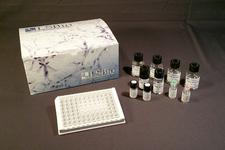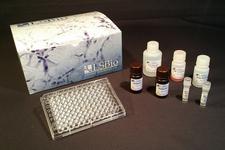order histories, retained contact details for faster checkout, review submissions, and special promotions.
Forgot password?
order histories, retained contact details for faster checkout, review submissions, and special promotions.
Location
Corporate Headquarters
Vector Laboratories, Inc.
6737 Mowry Ave
Newark, CA 94560
United States
Telephone Numbers
Customer Service: (800) 227-6666 / (650) 697-3600
Contact Us
Additional Contact Details
order histories, retained contact details for faster checkout, review submissions, and special promotions.
Forgot password?
order histories, retained contact details for faster checkout, review submissions, and special promotions.
C5b-9 Terminal Complement Complex / TCC
The membrane attack complex (MAC) or terminal complement complex (TCC) is a structure typically formed on the surface of pathogenic bacterial cells as a result of the activation of the host's alternative pathway, classical pathway, or lectin pathway of the complement system, and it is one of the effector proteins of the immune system. The membrane-attack complex (MAC) forms transmembrane channels. These channels disrupt the phospholipid bilayer of target cells, leading to cell lysis and death. A number of proteins participate in the assembly of the MAC. Freshly activated C5b binds to C6 to form a C5b-6 complex, then to C7 forming the C5b-6-7 complex. The C5b-6-7 complex binds to C8, which is composed of three chains (alpha, beta, and gamma), thus forming the C5b-6-7-8 complex. C5b-6-7-8 subsequently binds to C9 and acts as a catalyst in the polymerization of C9. Active MAC has a subunit composition of C5b-C6-C7-C8-C9{n}.
C5b-9 Terminal Complement Complex / TCC Target Details
| Target Name: | C5b-9 Terminal Complement Complex / TCC |
Publications (2)





If you do not find the reagent or information you require, please contact Customer.Support@LSBio.com to inquire about additional products in development.










